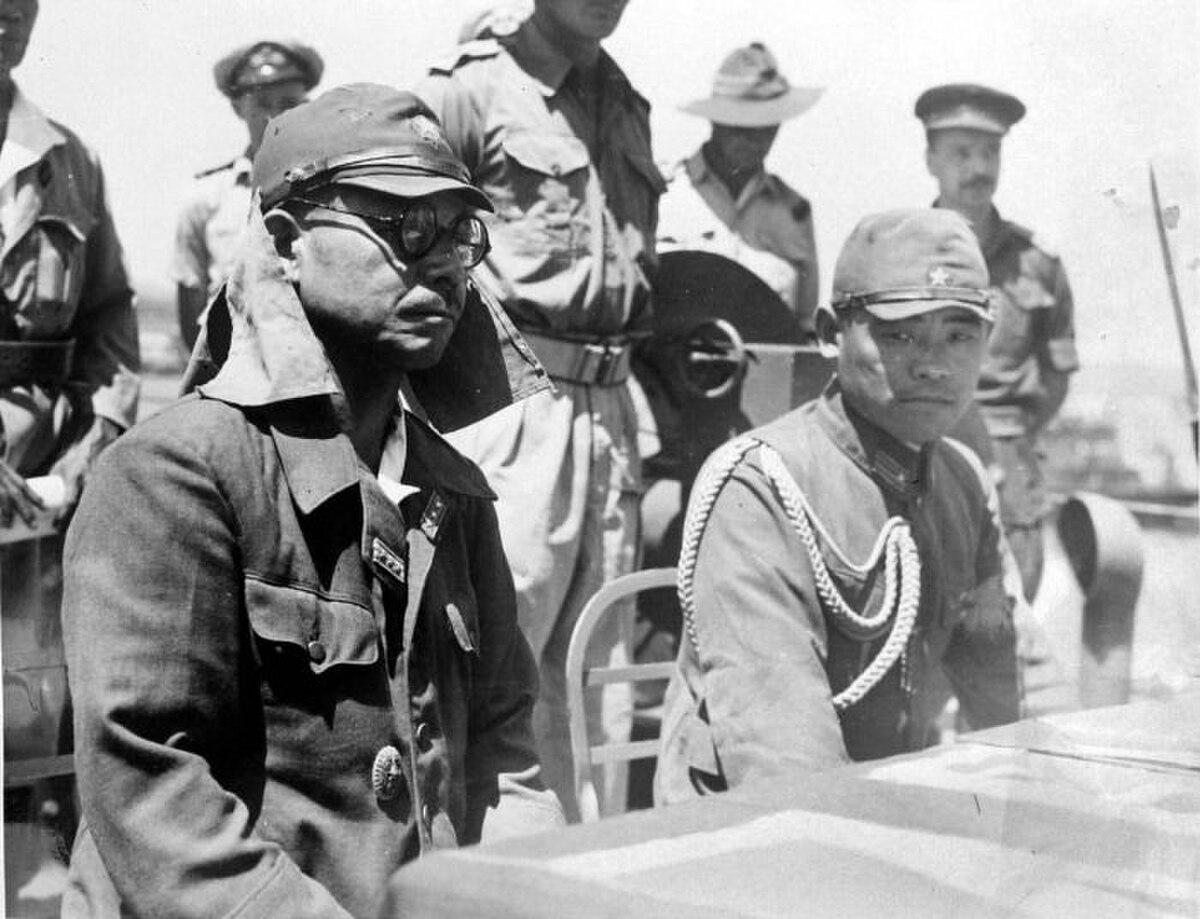
Japanese occupation of the Dutch East Indies
IndonesiaThe Empire of Japan occupied the Dutch East Indies (now Indonesia) during World War II from March 1942 until after the end of the war in September 1945. It was one of the most crucial and important periods in modern Indonesian history.
In May 1940, Germany occupied the Netherlands, and martial law was declared in the Dutch East Indies. Following the failure of negotiations between the Dutch authorities and the Japanese, Japanese assets in the archipelago were frozen. The Dutch declared war on Japan following the 7 December 1941 Attack on Pearl Harbor. The Japanese invasion of the Dutch East Indies began on 10 January 1942, and the Imperial Japanese Army overran the entire colony in less than three months. The Dutch surrendered on 8 March. Initially, most Indonesians welcomed the Japanese as liberators from their Dutch colonial masters. The sentiment changed, however, as between 4 and 10 million Indonesians were recruited as forced labourers (romusha) on economic development and defense projects in Java. Between 200,000 and half a million were sent away from Java to the outer islands, and as far as Burma and Siam.
In 1944–1945, Allied troops largely bypassed the Dutch East Indies and did not fight their way into the most populous parts such as Java and Sumatra. As such, most of the Dutch East Indies was still under occupation at the time of Japan's surrender in August 1945.
The occupation was the first serious challenge to the Dutch in their colony and ended the Dutch colonial rule. By its end, changes were so numerous and extraordinary that the subsequent Indonesian National Revolution became possible. Unlike the Dutch, the Japanese facilitated the politicisation of Indonesians down to the village level. The Japanese educated, trained and armed many young Indonesians and gave their nationalist leaders a political voice. Thus, through both the destruction of the Dutch colonial regime and the facilitation of Indonesian nationalism, the Japanese occupation created the conditions for the proclamation of Indonesian independence within days of the Japanese surrender in the Pacific.
